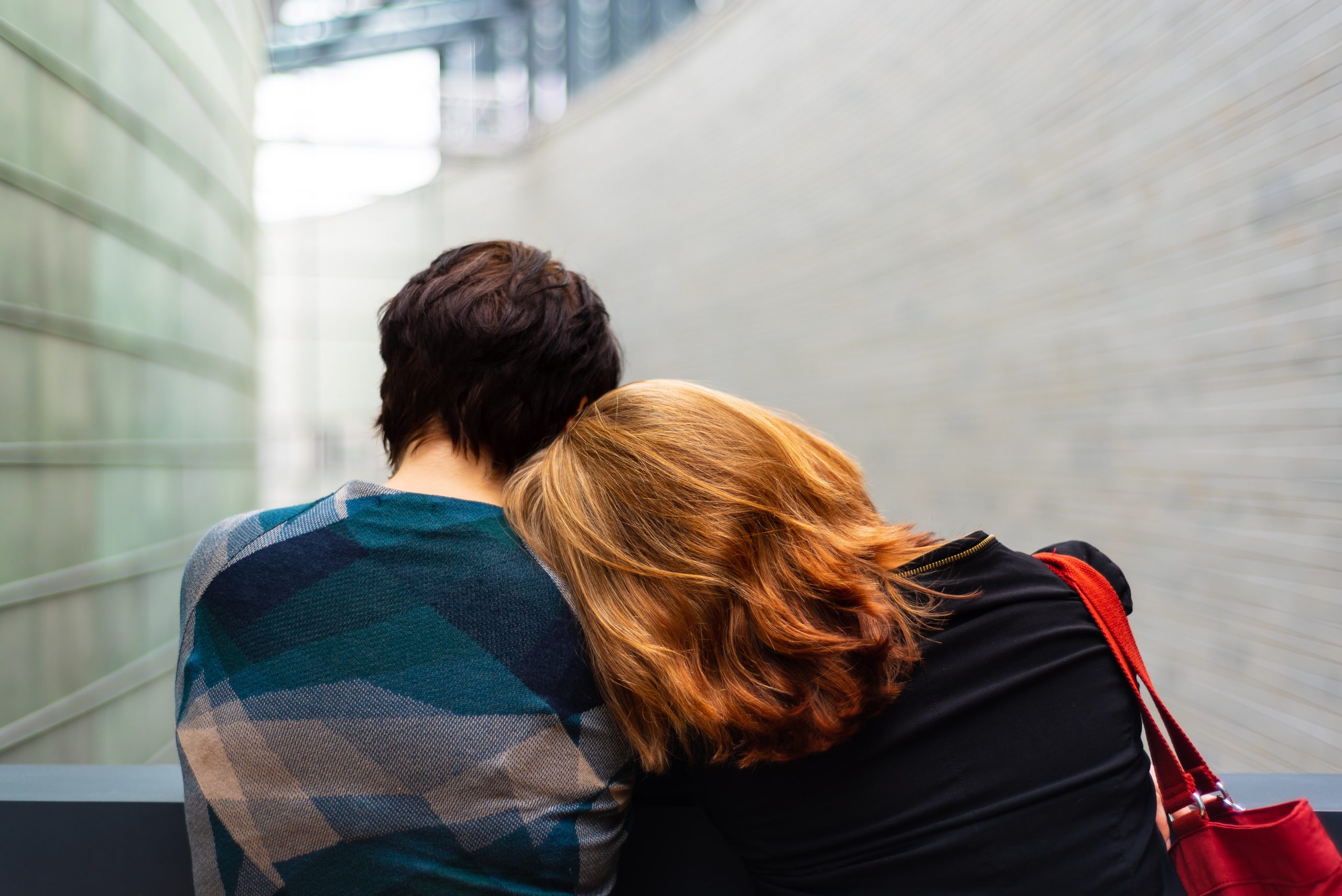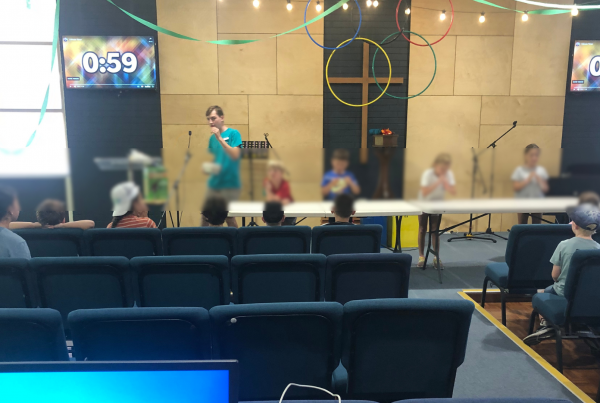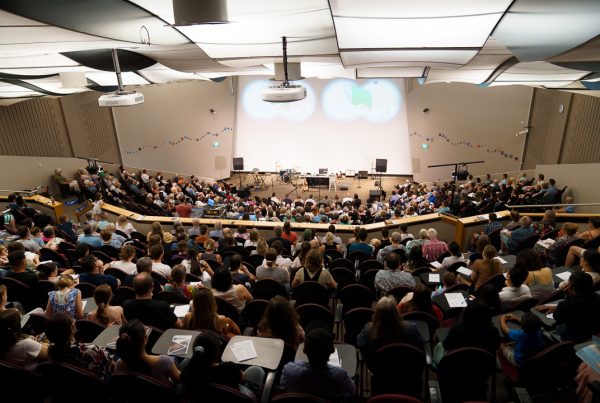Last week I completed the ‘Know Domestic Abuse Course’. This is provided by the team that runs the ‘Safe Ministry Training’ which is a requirement for undertaking ministry to children and youth. The course itself does not make you an expert in the field but rather helps us to recognise domestic abuse, respond helpfully and refer to those who are equipped to provide support.
Domestic abuse is perpetrated in relationships across all demographics across Australia – and churches are no exception. We ought to lament and repent of this, a response which requires us to be proactive in learning to understand abuse, as well as cultivating healthy relationships of mutual respect & responsibility. We want our church communities to be places where everyone is safe from harm.
Before I share just two reflections from the course material, it’s important to be clear on what domestic abuse is. According to our diocese’s policy and good practice guidelines, abuse is defined as including (but not limited to) emotional, verbal, social, economic, psychological, spiritual, physical, and sexual abuse. Such behaviour often seeks to control, humiliate, dominate, or instil fear in the victim.
Reflection #1 Domestic Abuse is more than just physical violence
Abuse is a pattern of behaviour based on exerting power and control over another. A person might do this by things such as preventing a partner from having access to theirs or the family’s income; isolating them from their family and friends; or constantly belittling and humiliating them. A person being abused may come to sincerely believe that what is happening to them is their fault. A resource that has informed me helpfully regarding the signs and symptoms of domestic abuse is the Duluth ‘Power and Control’ wheel.
Reflection #2 Supporting a person who is experiencing abuse is about being guided by what they want
This does not mean we don’t aim to persuade people to prioritise their safety in the short and long term. But if someone discloses abuse to you, the goal in our support should be to help them to gain the strength and hope to make the best choices for themselves in their situation. And even if their decisions may be confusing or confronting to you, it’s important to respect the choices they make for their own life.
Of course there’s more that could be said about the course material, but I hope this has given you a taste and encouraged you to equip yourself to better care for others. The good news is that you too can do the course. It’s free! And even though it is written for ministry staff and others in leadership, I recommend it to all – because we all have a part to play in making St Michael’s a community which is free from abuse.
Liam Shannon
Senior Assistant Minister | 10am & 5pm
You can access the Know Domestic Abuse course here.





